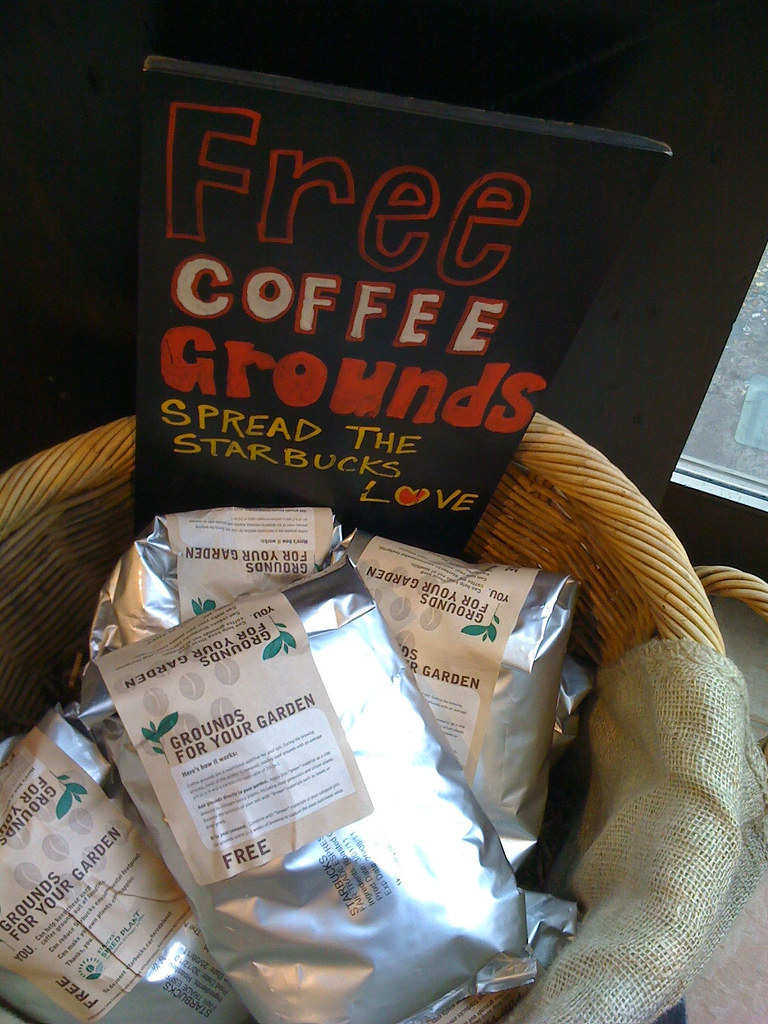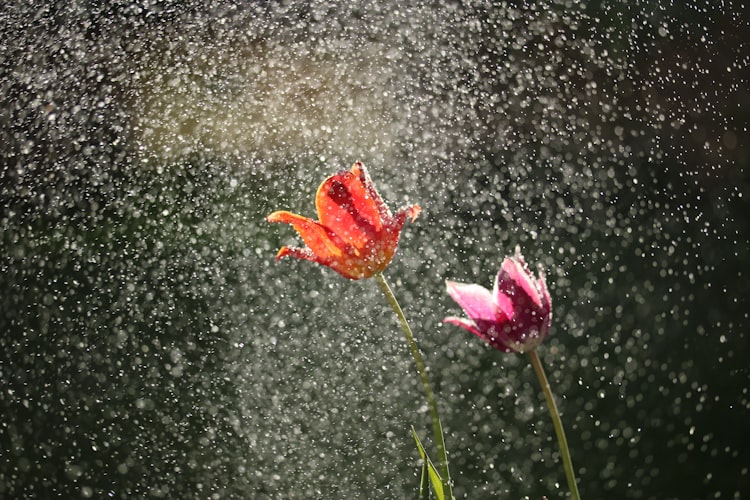The Grounds for Success: Harnessing Coffee Grinds in Your Garden

There's more to your morning cup of coffee than a jolt of energy for your body. Those used coffee grounds can be a secret weapon for your garden, offering a sustainable and cost-effective way to nourish your plants, enrich your soil, and repel pests. So before you toss those grounds away, consider giving them a second life in your garden.
A Nutrient-Rich Boost
Coffee grounds can be a treasure trove of nutrients for your plants. They are full of nitrogen, which is a vital component for healthy foliage growth. Nitrogen plays a crucial role in producing chlorophyll, essential for photosynthesis. Moreover, coffee grounds are rich in potassium and phosphorus, which are necessary for root development and overall plant health.
When you add coffee grounds to your compost or soil, they contribute to the organic matter, which helps improve soil structure and encourages microbial activity. This creates a healthier environment for your plants, making it easier for them to absorb water and nutrients.
Improving Soil Quality
Gardening success often hinges on the quality of the soil. Coffee grounds work wonders in balancing soil pH levels. Contrary to popular belief, used coffee grounds are only slightly acidic and won't significantly alter soil pH once they break down. This makes them a versatile soil amendment for different soil types.
In addition, coffee grounds help to improve soil aeration by preventing compaction and allowing roots to penetrate more easily. Over time, they act as slow-release fertilizers, providing a steady supply of nutrients as they decompose.
Combating Pests
Gardening battles with pests are all too familiar. Fortunately, coffee grounds can serve as a natural deterrent against certain insects and critters. The strong aroma of coffee can repel slugs, snails, ants, and even cats, making it a non-toxic alternative to chemical pesticides.
Spread a barrier of coffee grounds around vulnerable plants or mix them with other natural pest repellents like citrus peels or crushed eggshells for added effectiveness.
Applying Coffee Grounds in the Garden
Using coffee grounds in your garden is simple. Here are a few ways to make the most of this resource:
1. Composting: Mix coffee grounds into your compost pile. They balance the carbon-to-nitrogen ratio and speed up decomposition.
2. Mulching: Apply a thin layer of coffee grounds around plants as mulch. This helps retain moisture, suppress weeds, and gradually release nutrients.
3. Direct Soil Application: Work coffee grounds directly into the soil around plants, ensuring they're well mixed to prevent clumping.
4. Vermicomposting: Coffee grounds can be an excellent addition to feed your composting worms if you have a worm bin.
Guidelines and Precautions
While coffee grounds offer numerous benefits, moderation is key. Here are some considerations to keep in mind:
Avoid Overuse: Too much of a good thing can be detrimental. Excessive amounts of coffee grounds may compact the soil or create an imbalanced nutrient profile.
Balance with Other Materials: Mix coffee grounds with other organic matter like leaves, grass clippings, or kitchen scraps to ensure a balanced compost.
Use in Moderation for Acid-Loving Plants: Acid-loving plants like azaleas, rhododendrons, and blueberries may benefit more from coffee grounds, but use them sparingly to avoid over-acidification.
Consider Source and Brewing Method: Some coffee grounds may contain traces of chemicals or oils from certain brewing methods. Opt for organic, pesticide-free coffee and avoid adding grounds with added flavourings or artificial additives.
I don't drink coffee, where can I get coffee grounds?
If you don't drink coffee, or only drink instant coffee, then you won't have a ready supply of used coffee grounds in your kitchen. No worries, many coffee shops give away bags of used coffee grounds. These grounds are typically compacted as they most often come from espresso production, where they are pressed into portafilters for brewing. Make sure you break it up by hand before applying it to your soil.

As you can see, coffee grounds can be a valuable resource for your garden as they offer a sustainable and eco-friendly way to nurture your plants. They are multifaceted and can enrich soil health, help deter pests, and act as a gardener's ally.
Next time you enjoy a freshly brewed cup of Joe, don't discard the grounds just yet. Recycle these humble leftovers to give your garden a boost and watch your plants flourish. With a sprinkle of coffee grounds, your garden might just be brewing up its best season yet.





